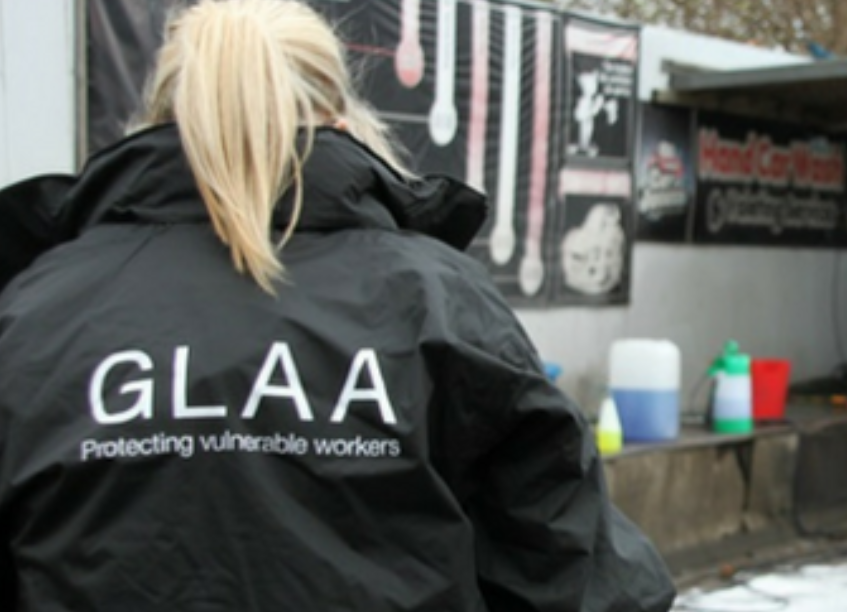People and Leadership
 The entire British nation was shocked and appalled when, in February 2004, a group of more than 20 illegal Chinese immigrants, smuggled into Liverpool in a container, was swept away by the tide while collecting cockles on Morecambe Sands.
The entire British nation was shocked and appalled when, in February 2004, a group of more than 20 illegal Chinese immigrants, smuggled into Liverpool in a container, was swept away by the tide while collecting cockles on Morecambe Sands.
In response to the drownings, the government set up the Gangmasters and Labour Abuse Authority (GLAA), with a brief to license migrant labour contractors – known as gangmasters – and protect vulnerable workers.
The GLAA, sponsored by the Home Office but answerable directly to Parliament, was headquartered in Nottingham, with a staff of 125, many of them former law-enforcement officers. It quickly began inspecting gangmasters who provide labour for agriculture, horticulture and shellfish gathering and any associated processing and packaging, and investigating any suspected breaches of related labour regulations.
But in 2017, the GLAA’s remit was expanded under the Modern Slavery Act. This added responsibilities for investigating illegal activities such as human trafficking, forced labour and illegal provision of labour, as well as offences under the National Minimum Wage and Employment Agencies Acts.
Faced with a slew of new tasks, the GLAA floundered. Repeated restructuring attempts failed to establish clear priorities, lines of responsibility and effective operations. Though staff were highly motivated, morale slumped as they despaired at the organisation’s failure to achieve its vital responsibilities effectively.
In 2021, a new chief executive, Elysia McCaffrey, brought renewed determination to stamp out labour abuses. The board sought outside help to make the Authority fit for purpose.
In October 2022, Capgemini Invent began working with the GLAA to design and implement a new target operating model. The aim was to unify the organisation around clear strategic priorities and develop a professional, inclusive, agile culture.
GLAA management and Capgemini Invent together identified two overriding priorities for the Authority: improving the performance and effectiveness of regulation of gangmasters and investigating reports of unlawful abuse of workers by unregistered gangmasters. These were prioritised because other responsibilities were shared with other bodies, such as the police.
To reshape the organisation around these objectives, Capgemini Invent took a ground-breaking, people-centred approach. It first engaged with every member of staff, seeking out their views and building trust.
Departmental heads were then reduced from 13 to just four. Individuals were assigned clear roles and responsibilities, and training was stepped up to ensure all had the skills required.
View the Capgemini Invent profile in the MCA Members Directory.

